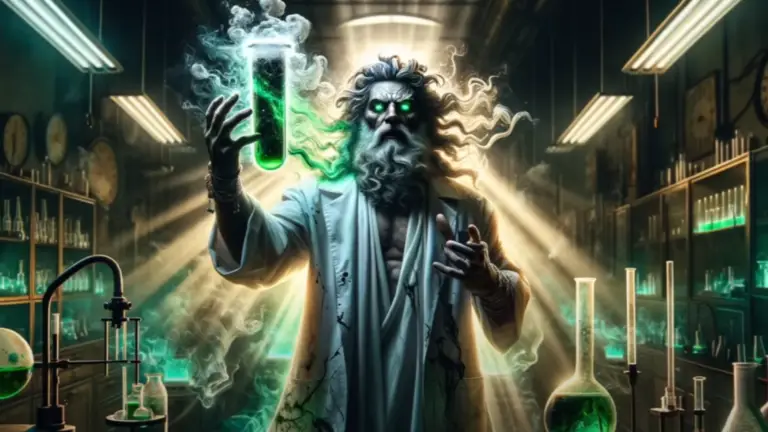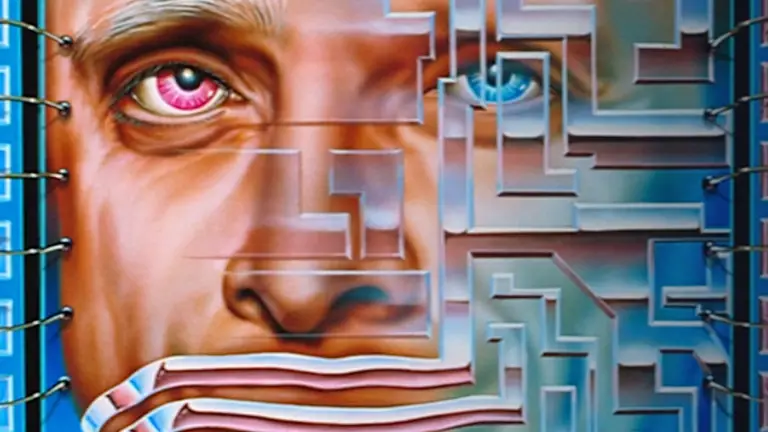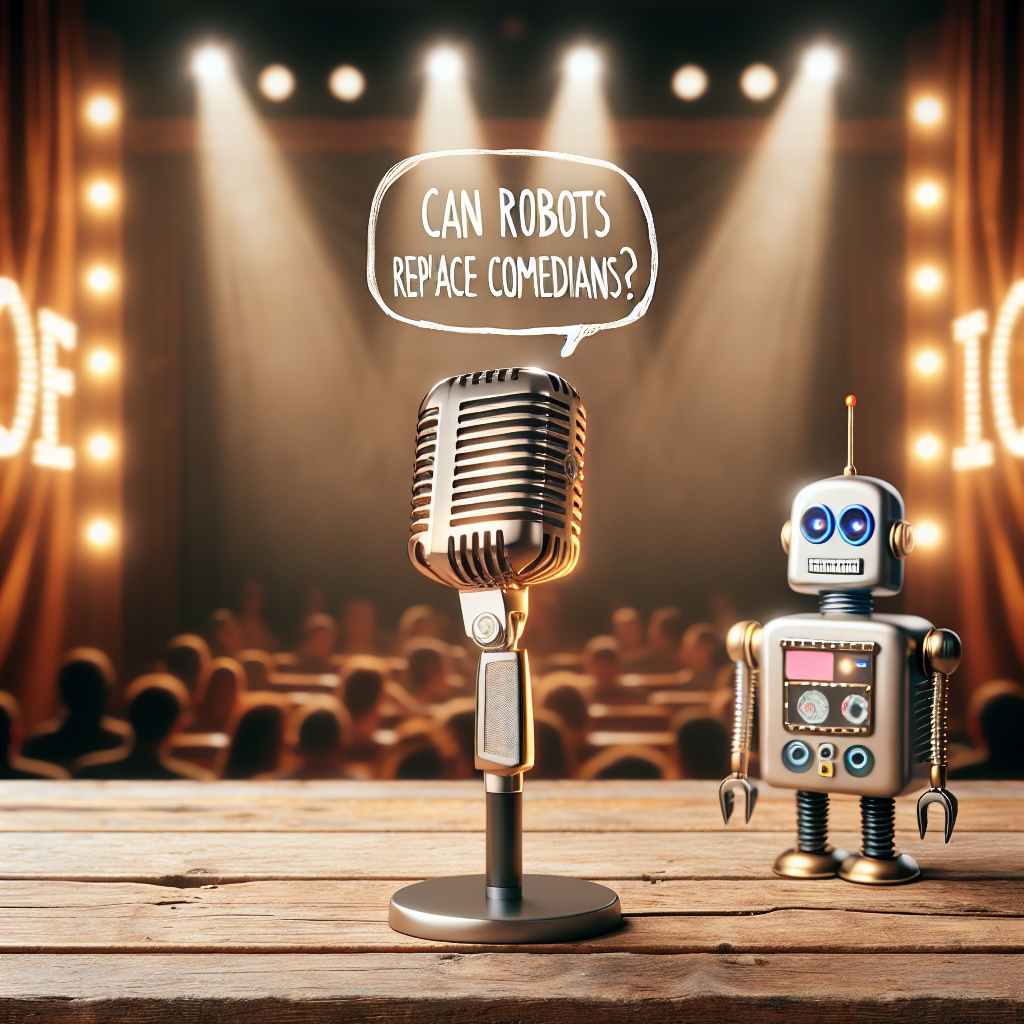Introduction
The comedy world was recently stirred by the release of a posthumous comedy special featuring the late George Carlin, a project that was created using artificial intelligence (AI) and uploaded to YouTube. This AI-generated comedy special, which was meant to showcase the legendary comedian’s style, sparked a significant controversy, particularly when Kelly Carlin, George Carlin’s daughter, voiced her concerns and disapproval of the AI-generated content that attempted to emulate her father’s unique comedic genius.
Kelly Carlin’s Response
Kelly Carlin’s reaction to the AI-generated comedy special of her father was one of strong disapproval. She emphasized the irreplaceable nature of human creativity and the lifetime her father spent perfecting his craft, which she believes no machine can replicate. Her statements on social media clearly expressed her stance on the project and the lack of permission granted for using her father’s persona.
My statement regarding the AI generated George Carlin special: My dad spent a lifetime perfecting his craft from his very human life, brain and imagination. No machine will ever replace his genius. These AI generated products are clever attempts at trying to recreate a mind…1/3
— Kelly Carlin @kelly_carlin.twitter.com (@kelly_carlin)
March 1, 2024
The Dudesy Podcast Experiment
The Dudesy podcast presents a unique media experiment where the hosts interact with an AI producer that has been granted extensive access to their personal data. This AI uses information from their emails, text messages, social media accounts, purchases, and browsing histories to tailor the show to their personalities, aiming to entertain the audience at the highest level possible. The ultimate goal is to perfect the podcast episode by episode, using the generated data to improve future content.
Past AI-generated content from the Dudesy podcast includes a variety of creative endeavors, such as:
- A bizarre biography featuring an AI-generated Tom Hanks
- A teaser trailer for ‘Potion Pals’ with Megan Bryan, an AI representation of Meg Ryan
These pieces serve as demonstrations of the AI’s capabilities in content creation, though they may not have garnered significant attention.

In a subsequent tweet, she clarified that there was “zero permission granted” for the creation of the special, further underscoring the lack of consent and the ethical concerns surrounding the use of her father’s legacy.

The Likely Lies of Dudesy the Robot
Despite the claims of the Dudesy podcast’s AI capabilities, the reality of artificial intelligence’s limitations cannot be ignored. AI, as it currently stands, lacks the human intent and the nuanced decision-making process that goes into creative work. It is adept at simulating the appearance of intent, but in essence, it operates on a dataset from which it makes educated guesses.
Language programs like ChatGPT are designed to predict the next most likely word in a sentence, a process that can lead to ‘hallucinations’ or the fabrication of information. This can result in the generation of content that includes false names, dates, medical explanations, and even historical events that never occurred. The technology, while impressive, is not capable of true thought or understanding.
The AI-generated comedy special featuring George Carlin is a prime example of this. While it may churn through jokes that seem Carlin-esque, the absence of Carlin’s physical expression and energy is evident. The special itself is likely the result of human editing and arrangement, as current AI technology is not advanced enough to autonomously write, edit, and upload a video without human intervention.
It is important to recognize that while an AI may have been used to create the script, images, and voiceover for the special, it is almost certain that human hands were involved in prompting, editing, and piecing everything together to form a cohesive whole. The portrayal of Dudesy as a bespoke AI showrunner is far removed from the reality of AI’s capabilities, and the notion that such a revolutionary advancement would first be applied to podcasting is highly unlikely.

Ethical Concerns
The use of AI to mimic deceased artists raises profound ethical questions. The AI-generated comedy special featuring George Carlin has brought to light the delicate balance between satire, impressionism, and the respect owed to the legacies of artists who have passed away. While satire and impressionism are protected forms of speech, the potential misuse of AI in media to resurrect the work of deceased artists without consent is a contentious issue.
It is crucial to consider the implications of using AI in this manner. The act of speculative techno-necromancy, as seen in the Carlin special, is not only a legal and ethical minefield but also a matter that touches on the respect for an artist’s original work and their family’s wishes. The debate extends beyond the legality of such actions and into the realm of moral responsibility and artistic integrity.
The fascination with AI’s capabilities should not overshadow the need for critical examination of its applications. The algorithms behind AI are indeed impressive, but they are not autonomous miracle workers. When a podcast or any other media suggests otherwise, it is essential to question the motives behind such claims and the potential consequences for the future of creative expression.
In conclusion, while AI can be a tool for innovation and creativity, it is imperative to navigate its use with caution, especially when it involves the representation of individuals who are no longer able to consent or participate in the process.

